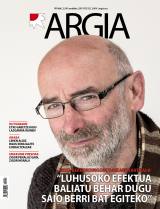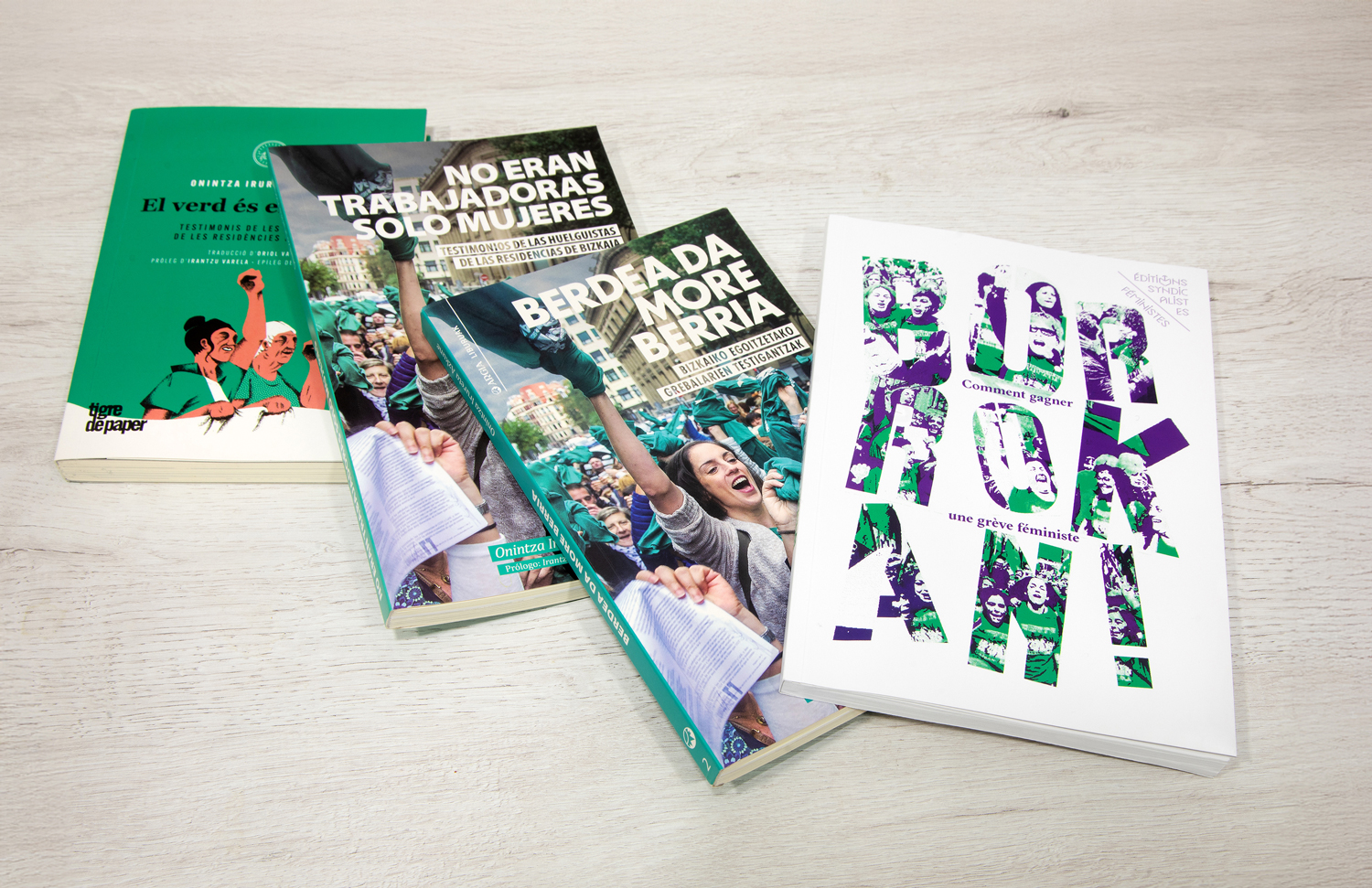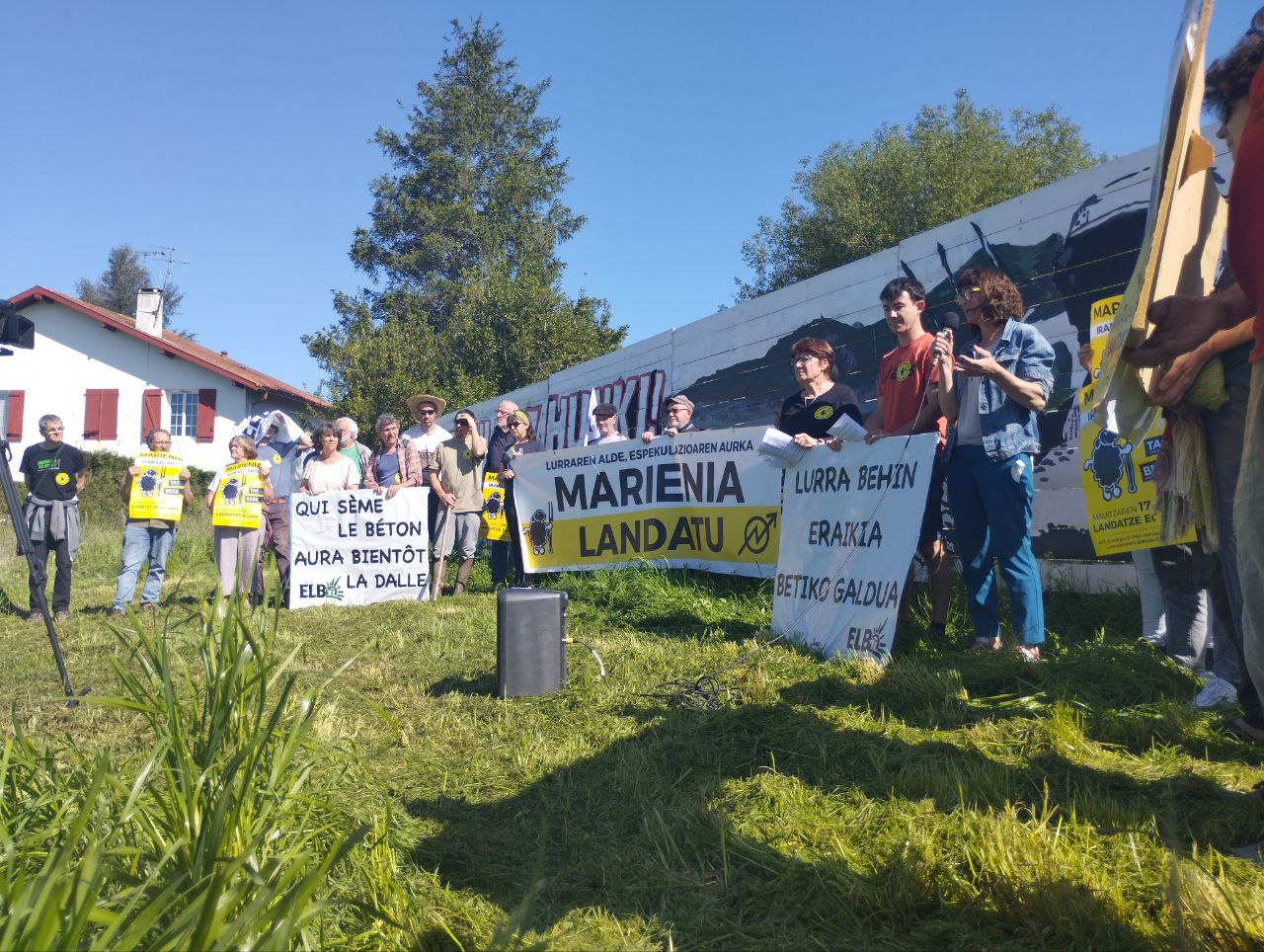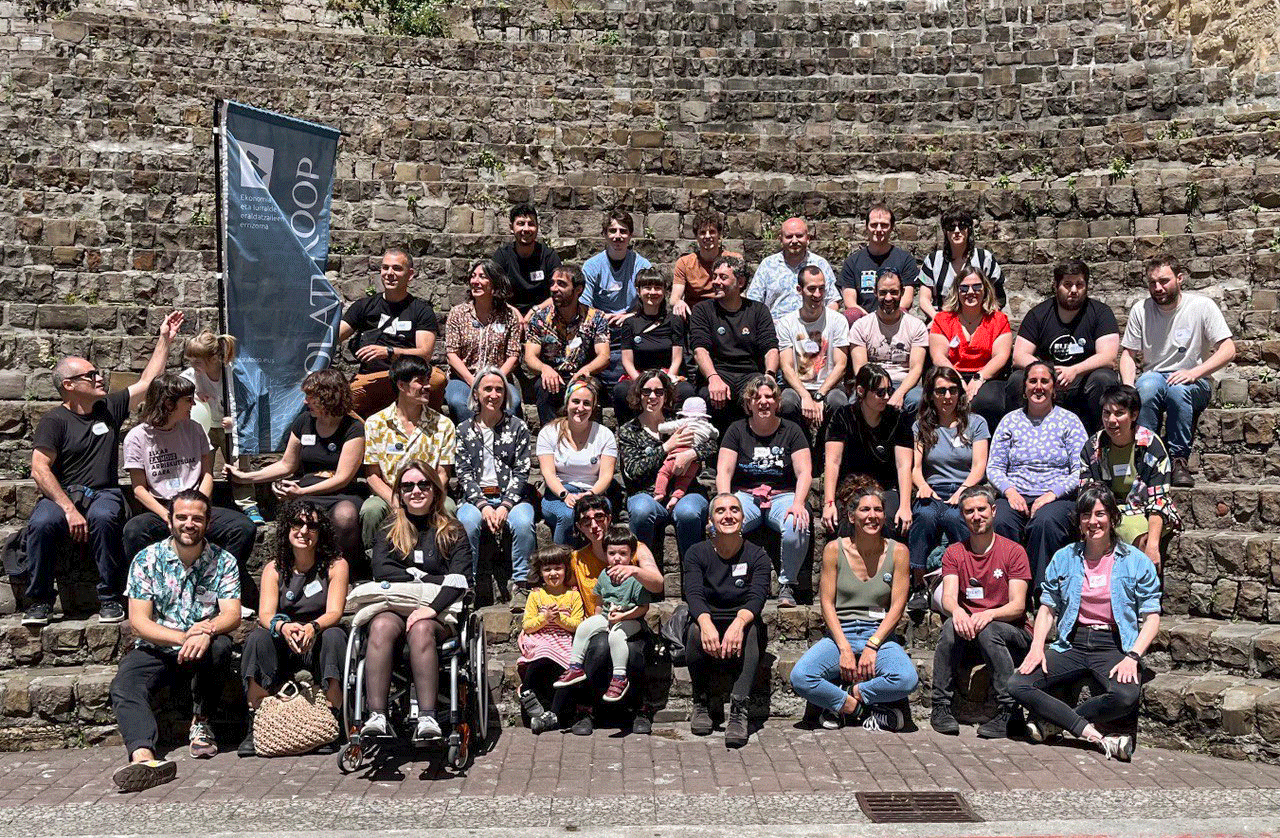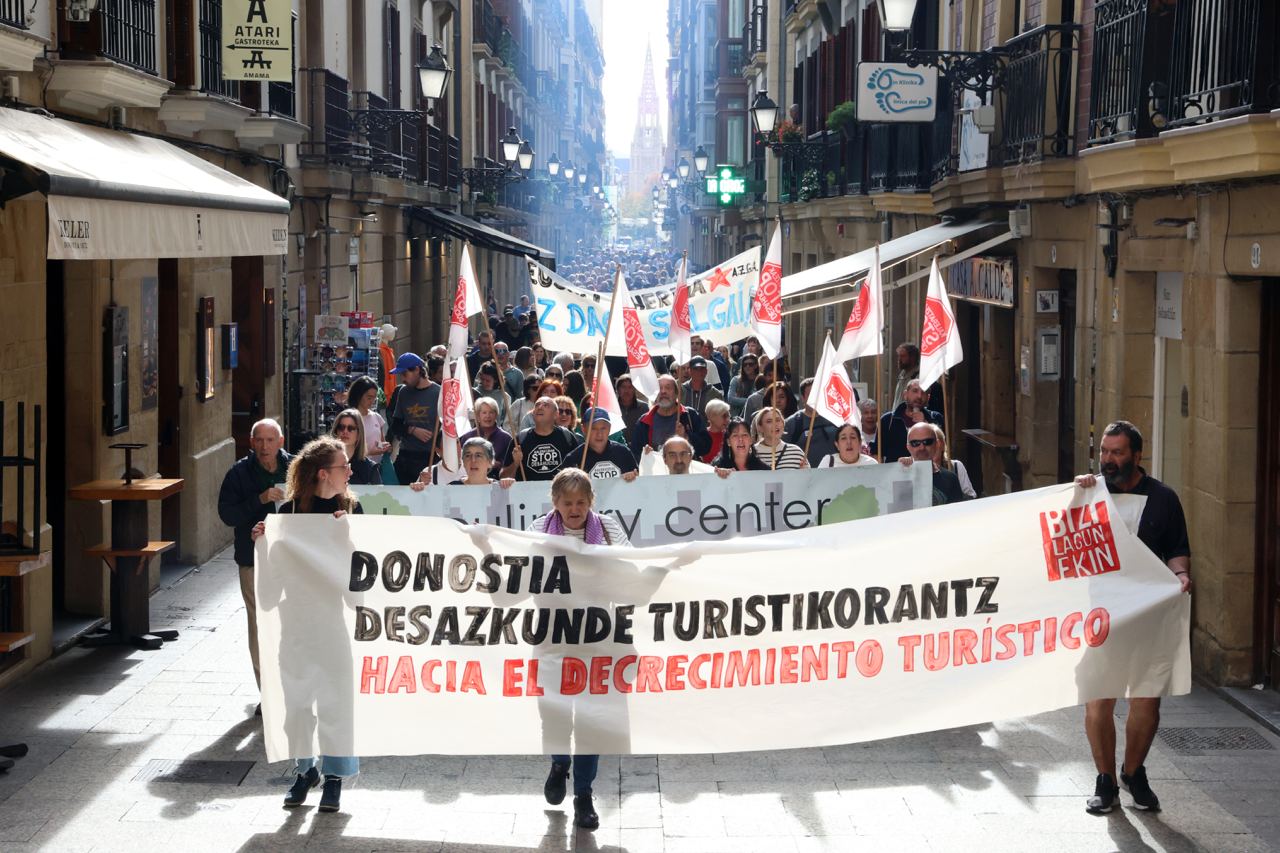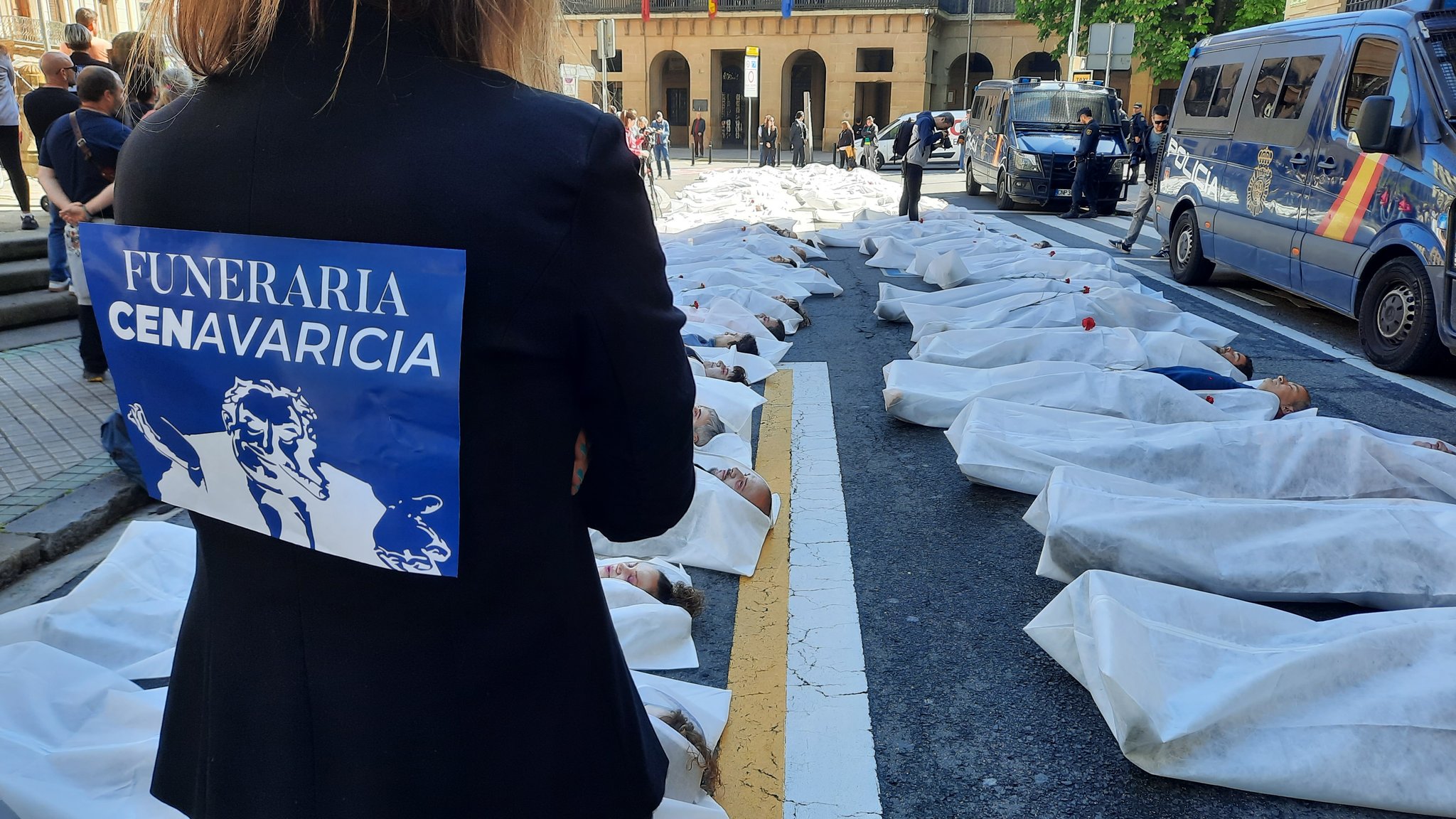Portrait of the Biscayan oligarchy
- If I had taken a picture of the Biscayan oligarchy in Neguri in the 1960s, I would have been told that I am demagogue and drowning.
However, there is a member of the five hundred families that formed the oligarchy, who has offered a real portrait in 12 pages. Pedro Ibarra has written Report of the anti-Francoism in the Basque Country. It is an important book because it offers his testimony and that of his partner, Carmen Oriol, both from the oligarchy, explaining his militant and anti-Francoist commitment, but also because it contributes to knowing Neguri's economic, political and social elite. The conduct and moral codes of those who think they are above and privileged, the influence of National Catholicism, the political attitude of defense of their economic interests within Franco, the contempt for culture… All of this configures the portrait of a society. Pedro and Carmen dared to leave there, in the opposite direction, next to the working class.
They came out of the crudest oligarchy. “The few families who ruled in Bizkaia – says Ibarra – had political and economic power. They dominated directly in the big industry (electricity, steel, chemical industry, mining) and also in the big banks. And they governed indirectly, sometimes without intermediaries, in politics and during the Franco dictatorship. They also ruled in the few media that existed. That is, money was theirs, power and dominant ideology.”
And that oligarchy, let us not forget – I would add – is also alive and active, whether in Neguri or in other “quieter” places.
“Even with all the shortcomings, the unions have done more for humanity than any other human organization that has ever existed. They have contributed more to dignity, honesty, education, collective well-being and human development than any other association of people.” ... [+]
Zenbait urtetatik hona sarri entzuten dugun kontzeptua da zaurgarritasuna. Gaur gaurkoz, diskurtso politikoetan pertsona zaurgarriez aritzea ohikoa da. Seguru nago nik ere inoiz erabili dudala berba hori Bizilan.eus webgunean, eskubide laboralak eta prestazio sozialak azaltzeko... [+]
Duela urtebete eskas Espainiako aireportuen sarea kudeatzen duen AENA enpresa publikoak iragarri zuen Loiuko aireportuko terminala handitu nahi duela. 2024an 7 milioi bidaiariren langatik gertu gelditu zen eta, handitzeak aurrera eginez gero, 2030. urtetik aurrera 13-14 milioi... [+]
Klima aldaketaren eraginez, munduko lurralde gero eta gehiago idortzen ari dira, milioika pertsonaren jarduera eta bizimoduak kolokan ezarririk. Fenomeno horren frontean dago India erdialdeko Maharashtra estatua, non klimaren berotzeari eta lehortzeari metatu zaizkien oihan... [+]
Rearm Europe. Reindustrialize to defend Europe. This is the agenda that the political leaders of the European Union have been trying to promote lately, through the White Paper on European Defence, the BirArm Europe and the 2030 Availability plans. The excuses for the promotion... [+]
In recent weeks and months, all kinds of political, economic and business organizations have been constantly raising the sounds of war. But what if the purpose of this buzzing noise was not to allow us to think clearly and the fear was to confuse our analysis? Let’s try to... [+]









